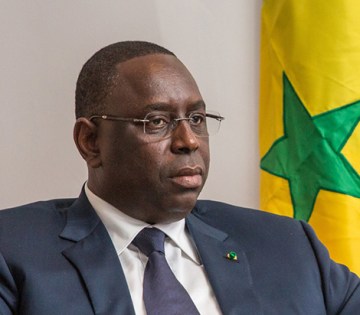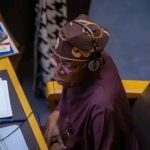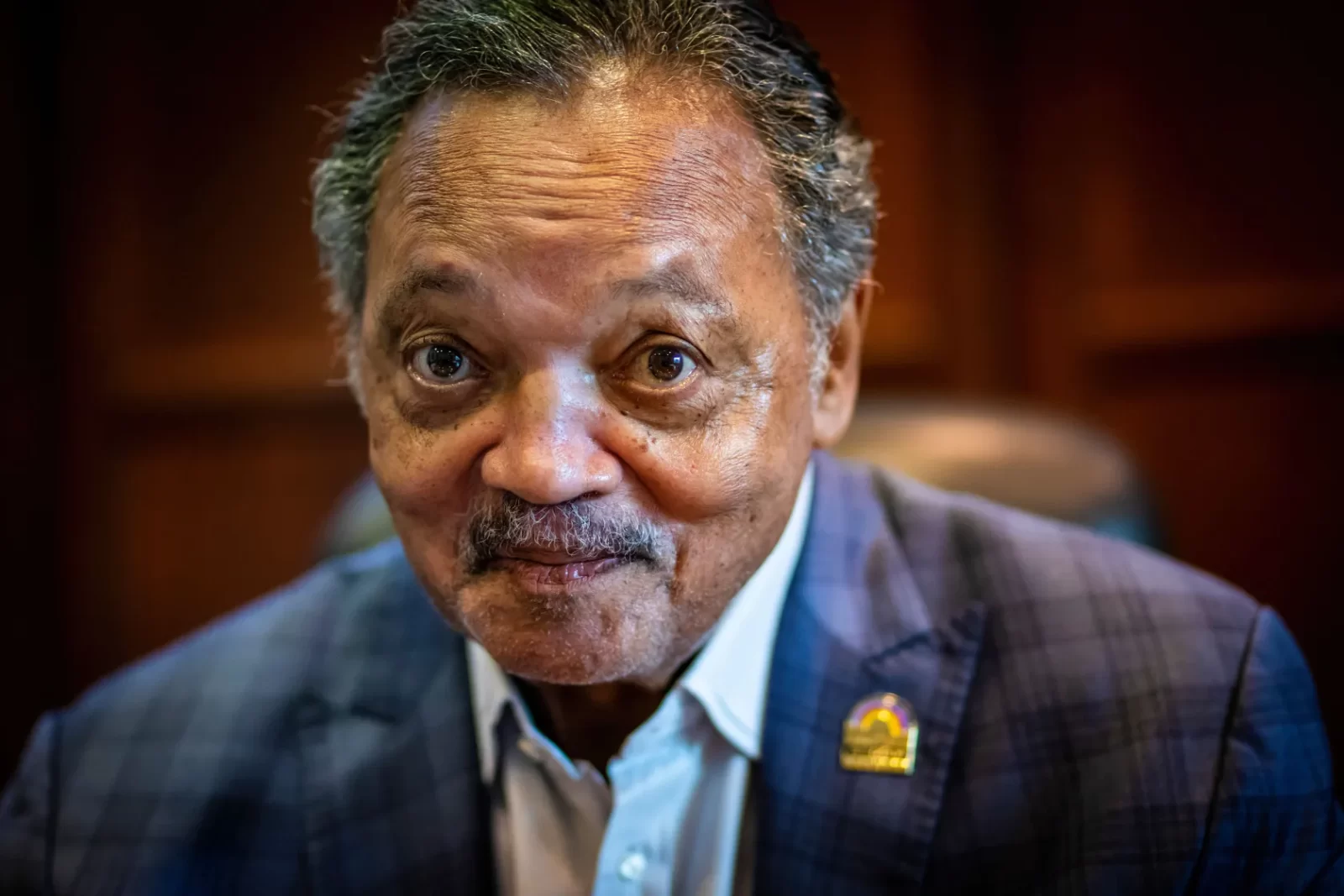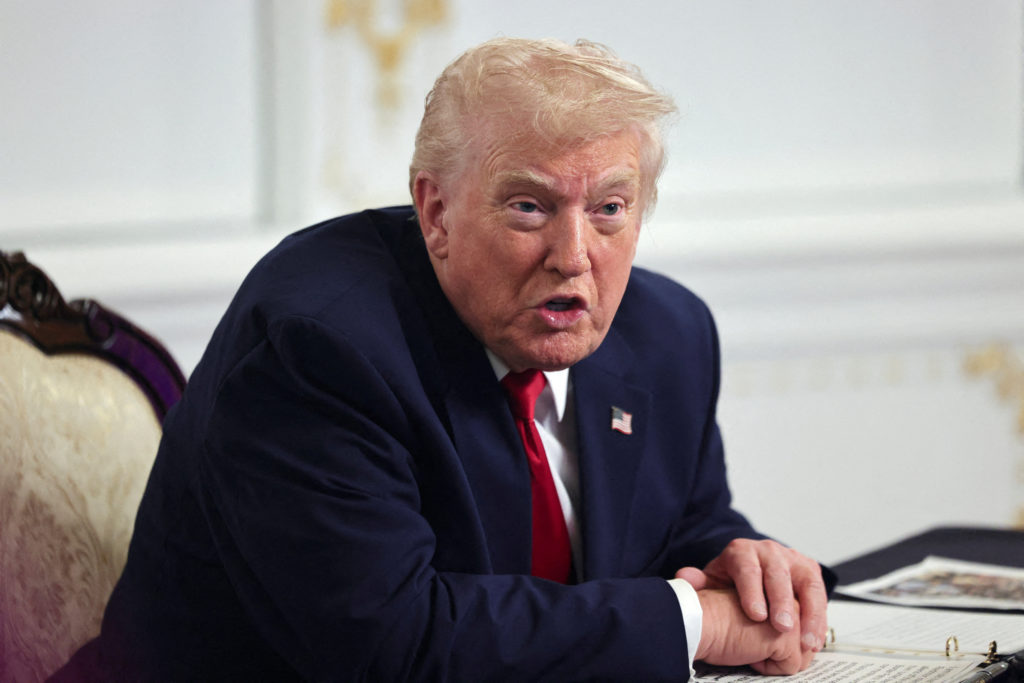By Paul Ejime
Senegalese President Macky Sall has “taken note” of Thursday’s decision by the Constitutional Council to annul a presidential decree and overturn a controversial law passed by parliament postponing the country’s presidential election scheduled for February 25.
In his statement on Friday, the President undertook to fully implement the Constitutional Council’s decision by carrying out “without delay the necessary consultations for the organization of the presidential election as soon as possible.”
Under the constitution, President Sall’s mandatory two-term term ends in April 2024.
One possible political scenario is for the president to hand over power to the President/Speaker of Parliament in case the first round and run-off votes are not concluded by the 2nd of April.
Senegal’s Constitutional Council late Thursday overtunred the controversial law recently passed by parliament, postponing the country’s presidential election scheduled for February 25.
In a statement, the Council, whose decisions cannot be appealed against, also voided a presidential decree on the postponed presidential vote.
The Council described as unconstitutional the decree and the law passed after opposition MPs were ejected from the floor of the parliamentary chambers.
A new date for the presidential election is expected to be agreed upon, but there appears to be a desire to respect the constitutional provision, which stipulates that sitting President Macky Sall must vacate power by the 2nd of April at the end of his two mandates.
The postponement of the vote had been greeted by street protests, resulting in at least three deaths.
There was no immediate reaction from the parliament or the presidency to the Constitutional Council’s decision, which followed the government’s announcement on Thursday of the release of some political detainees, including relatives of opposition leader Ousmane Sonko, jailed for formatting insurrection.
The appeasement move by the embattled government of President Sall could also see the release of Sonko himself and his anointed candidate for the presidential election, Bassirou Diomaye Faye, who is also detained and awaiting trial on charges of contempt of court, defamation, and intention to cause public disorder.
ECOWAS, the regional bloc, has launched diplomatic initiatives to douse the political tension in Senegal, which until recently was considered an anchor of stability in a politically restive region.
On Wednesday, the current Chairman of the ECOWAS Authority and Nigeria’s President Bola Tinubu cancelled his planned visit to Senegal, considered part of preventive diplomacy.
No official reason was given for the cancellation, but diplomatic sources said that the Senegalese government views the political crisis as an internal matter.
The Senegalese ministerial delegation was able to prevent the ECOWAS Mediation and Security Council from discussing the country’s crisis at an extraordinary meeting held last Thursday in Abuja, the Nigerian capital.
These unprecedented developments in Senegal could not have come at a worse time for ECOWAS.
Four of the bloc’s 15 member states—Guinea, Mali, Burkina Faso, and Niger—are under military rule, and the last three have served notice of their intention to quit the organisation, set up in May 1975, to foster regional integration.
























Leave a comment